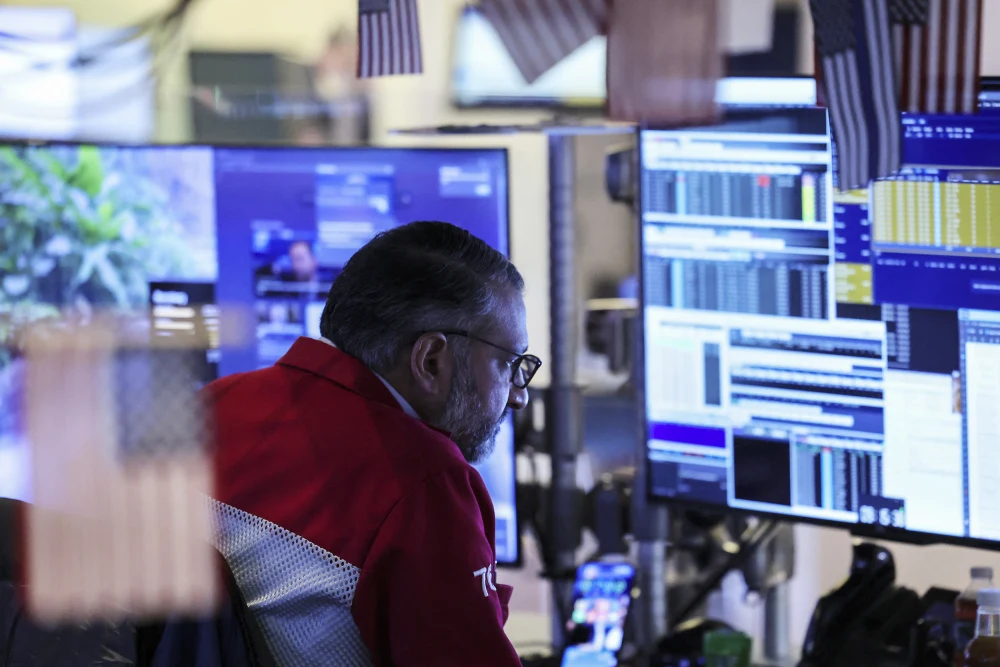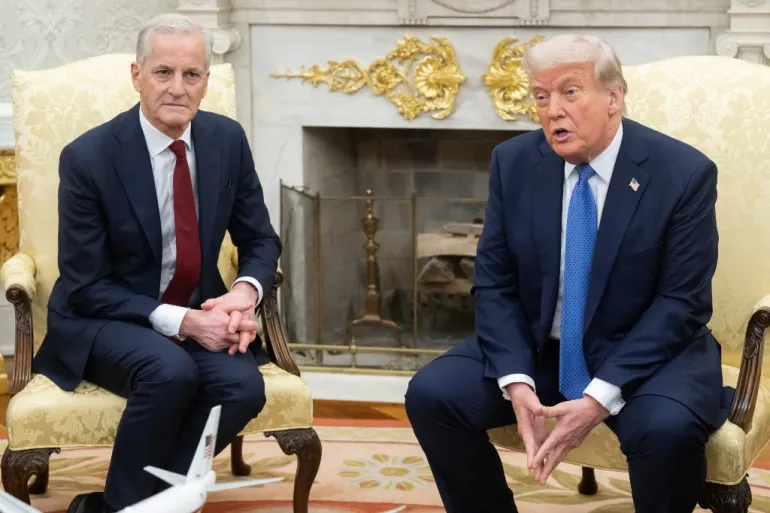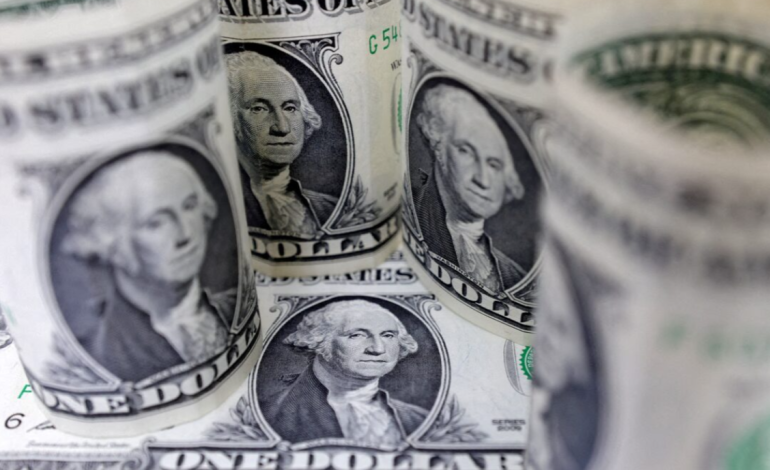Global financial markets showed signs of caution on Tuesday, with Asian shares edging higher while US equity futures dipped and the dollar slid to a six-week low, Reuters reports.
Investors remain wary as US-China trade tensions persist and key economic developments loom later this week.
Expectations are building around a possible call between US President Donald Trump and Chinese President Xi Jinping, which White House press secretary Karoline Leavitt confirmed is likely to take place. The conversation is seen as a potential turning point for strained trade relations between the world’s two largest economies. Tensions have escalated after Trump recently accused China of backtracking on tariff rollback agreements.
Trade concerns weighed on investor sentiment, with recent data reflecting the strain on both economies. The US manufacturing sector contracted for the third consecutive month in May, while a private-sector survey indicated that China’s factory activity shrank for the first time in eight months.
“The May ISM showed tariff pressure is beginning to bite for manufacturers who are seeing slowing activity, longer lead times and declining inventories,” noted economists at Wells Fargo.
In response, US futures retreated in early Asian trading. Nasdaq and S&P 500 futures each dropped 0.2%. European markets opened with modest gains, with EUROSTOXX 50 futures up 0.28% and FTSE futures rising 0.15%.
Asian equity markets, however, saw mild gains. MSCI’s broadest index of Asia-Pacific shares outside Japan rose 0.6%, and Japan’s Nikkei gained 0.66%. China’s CSI300 rose 0.23% and the Shanghai Composite increased by 0.3% as markets reopened after a holiday. Hong Kong’s Hang Seng Index jumped over 1%, recovering from a recent one-month low.
Matt Simpson, a senior market analyst at City Index, highlighted the market’s sensitivity to political developments.
“Trump really does have sentiment in the palm of his hands once again,” he said, cautioning that uncertainty will linger until China confirms any planned discussions.
Meanwhile, currency markets reflected mounting concern. The US dollar index fell to 98.58, its lowest level in six weeks, ahead of Friday’s US nonfarm payrolls report — a critical gauge for the Federal Reserve’s next policy steps. While hopes for near-term interest rate cuts have faded, a softer jobs report could reintroduce the possibility of policy easing.
The euro reached its highest level in six weeks before easing to $1.1426. The British pound edged slightly lower to $1.3532. The dollar reversed some of its prior losses against the yen, rising 0.35% to 143.20.
On the monetary policy front, Bank of Japan Governor Kazuo Ueda reiterated the importance of maintaining flexibility amid uncertainty over global tariff dynamics.
In the bond market, rising concerns about US fiscal health contributed to elevated yields, particularly on 30-year Treasury notes. The Senate is set to debate a tax-and-spending package that would add nearly $3.8 trillion to the US federal debt.
Oil prices rose as supply concerns continued to influence energy markets. Brent crude futures climbed 0.88% to $65.20 per barrel, while US crude rose 1% to $63.13. Gold prices also gained, reaching a one-month high of $3,392.03 per ounce.










The latest news in your social feeds
Subscribe to our social media platforms to stay tuned